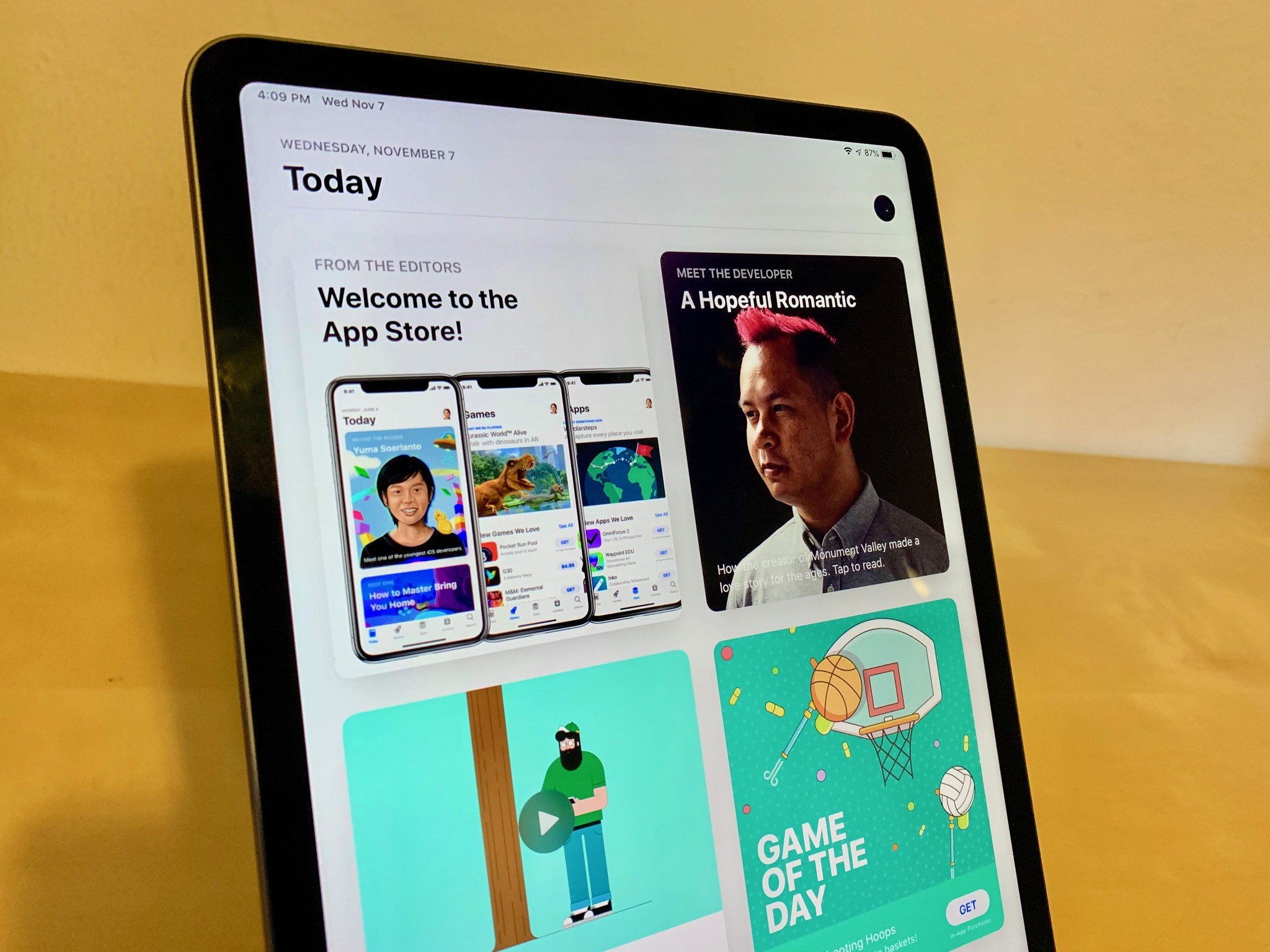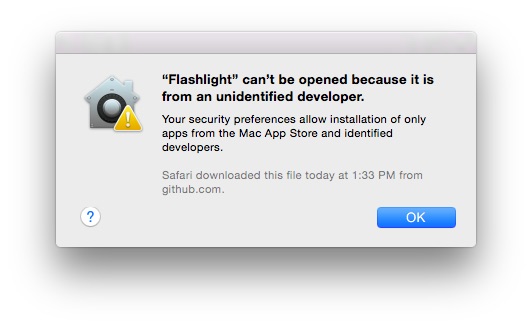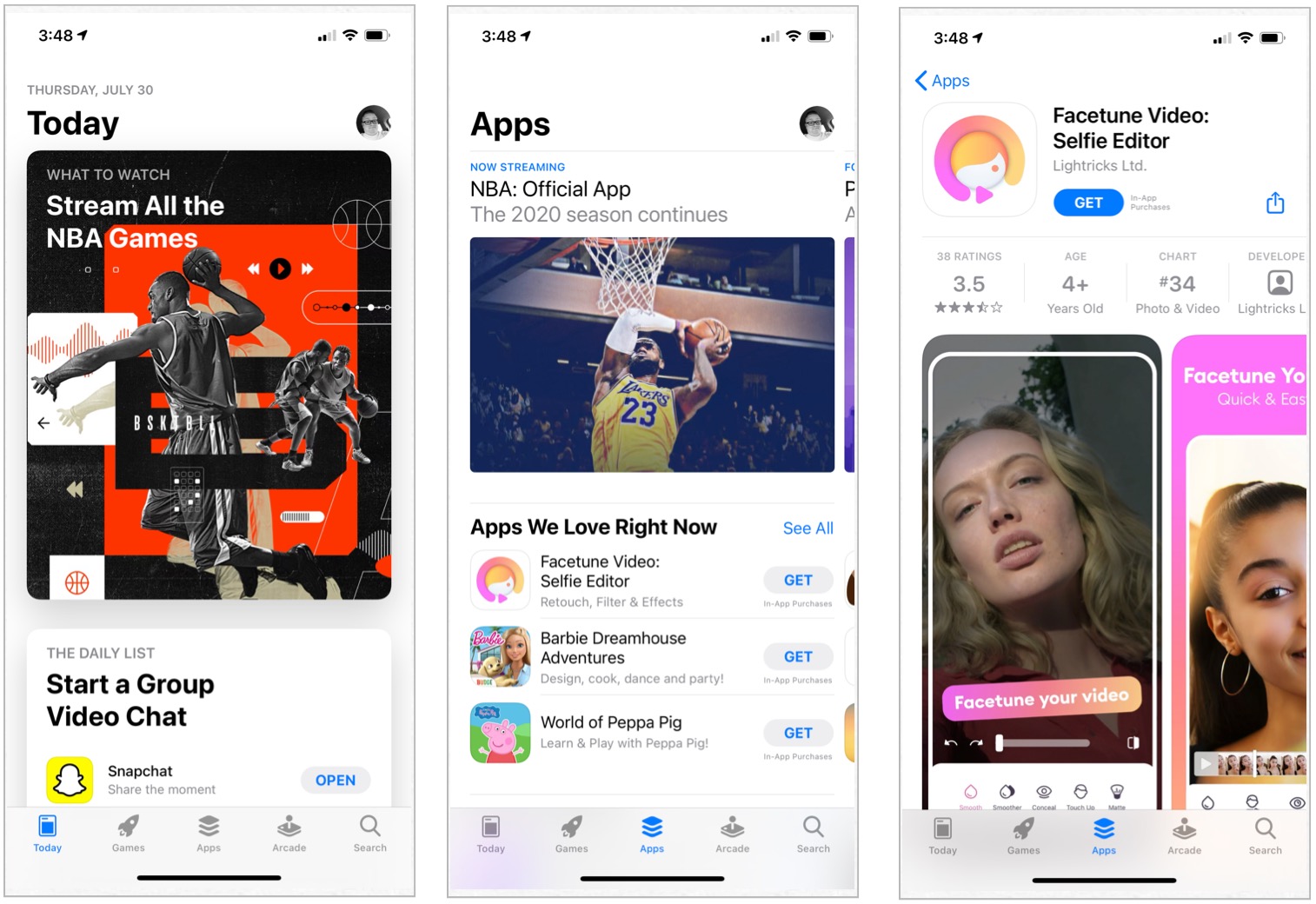It's time Congress ends Apple's App Store monopoly.
By restricting app installations on the iPhone and iPad to only those titles offered on the App Store, Apple controls the entire mobile experience. The company has long argued this exclusivity brings order and security to our beloved mobile devices. Apple is almost certainly correct on both points. And yet, the time has come for this monopoly to end.
This week, Apple CEO Tim Cook, along with the heads of Google, Facebook, and Amazon, were grilled by the U.S. House Judiciary Committee's Subcommittee on Antitrust, Commercial, and Administrative Law. The hearing wasn't designed to address problems or provide solutions to any one issue. Instead, it allowed politicians on both sides of the aisle to go before the cameras and look tough against tech company heads just weeks before a general election.
And yet, there was a least one part of the hearing that's worth discussing further. It's when Cook was asked whether his company's App Store practices were fair to stakeholders.
App Store Controversary
In recent years, Apple has been increasingly playing defense when it comes to its long-running digital golden goose. One criticism has been its sometimes confusing commission practices that tend to award more prominent app developers while hurting everyone else. The company has also been forced to explain why the App Store should continue to be the only game in town for developers to sell mobile apps.
At this week's hearing, Cook told elected officials Apple's "open" and "transparent" App Store policies and rules apply to all developers. The CEO also made a note to explain why the App Store was created in the first place, saying:
"When the App Store was created, the prevailing distribution options available to software developers at the time did not work well. Brick-and-mortar stores charged high fees and had limited reach. Physical media like CDs had to be shipped and were hard to update."
Apple has never admitted playing favorites and probably never will despite proof to the contrary. If every developer is the same, why does Apple only charge Amazon 15% of revenue from Prime Video subscriptions made on iOS, versus the 30% nearly everyone else is forced to take?
Forbes says Cook's comments to Congress about the early days of the App Store and the reasons behind it is "closest to offering outright alternative facts." It takes issue with Cook's assessment that other app marketplaces were poorly designed and didn't work well.
I'd second this assessment and, regardless, have no doubt that whatever third-party app stores were created back in 2008 would look much different in 2020. The App Store itself, the only marketplace we currently have, proves this with each new update, no?
- CEO of Epic Games says App Store is an 'absolute monopoly'
- Apple study defends App Store fees ahead of next week's antitrust hearing
- Microsoft President blasts App Store as barrier to fair competition
The elephant in the room isn't a Republican
If the politicians at this week's hearing spent less time trying to upstage one another and the other party, they would have asked Cook about the Mac App Store and question why it's any different than the App Store.
Launched less than three years after the App Store for iPhone (and later iPad), the Mac App Store is a lot like its predecessor except for one crucial difference. The store isn't the only place you can find or purchase macOS apps. You can also find them on the web.
But what about protecting the security of Mac users? Apple still does this but in another way.
The built-in Gatekeeper on your Mac automatically checks internet-based apps for malware before you run them for the first time. When malicious code is found, macOS can stop new installations and also block the app from launching again.
Moving forward
The App Stores for iPhone and iPad are beautifully designed and take the guesswork out of finding high-quality content for those devices. Better still, as a consumer, you always have access to the most updated version of a software title.
For mobile developers, Apple requires no overhead costs. However, you must accept the commission rates and lengthy set of rules. Otherwise, you can't sell your app for installation.
Developers are provided the same tools to create products for sale in the Mac App Store. However, if they so choose, developers can bypass Apple's store and sell items online without giving the company part of the cut.
Because the Mac App Store launched after other software distribution channels, there was no way Apple could somehow restrict installation to only apps from that store.
Or as tech influencer Rene Ritchie explains:
"Because the Mac was always an open computing platform, it would have been impossible to take that away without a large scale mutiny by the user base. IOW: The iOS App Store was the first, and hence could be the only way. The Mac App Store was decades late, and so had to be an option.
The reason Apple continues to run the mobile App Store as it does has little to do with quality control, security, or anything else an executive might say in public. Instead, it's because, like any good monopoly, the App Store makes the company billions each year.
Twelve years in, it's time governments begin forcing Apple to end the App Store monopoly. By doing so, developers will be given more flexibility and independence. At the same time, Apple can turn up its creative juices and give developers reasons to stick around the App Store ecosystem, just like it does for Mac software. And yes, it should also add Gatekeeper to iOS and iPadOS!
Otherwise, a large scale mutiny will eventually come. However, instead of users fighting Apple, it will be the developers who have grown tired of the company's antics. That's a fight where there are no winners, except for Android.
What say you?
Should Apple make it possible to install apps outside the App Store on iPhone and iPad? Let us know your thoughts below.
The Mac proves the App Store would survive competition posted first on http://bestpricesmartphones.blogspot.com



No comments:
Post a Comment